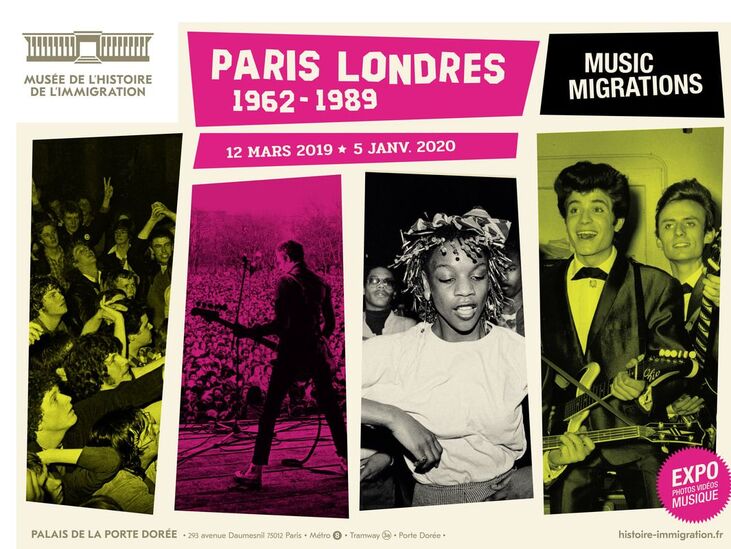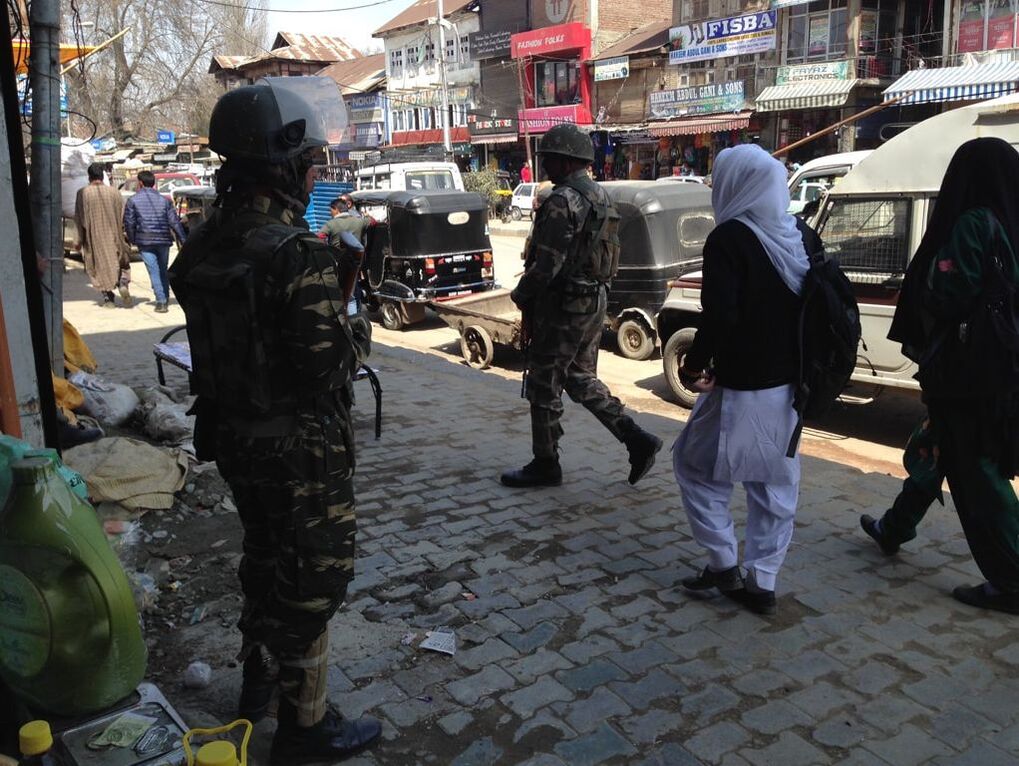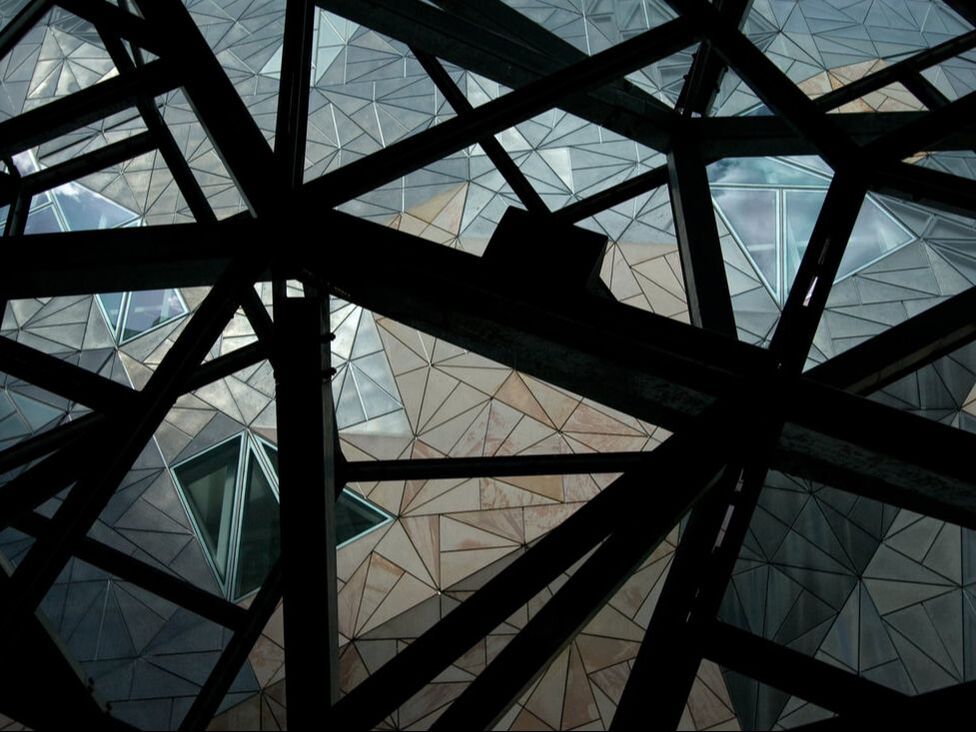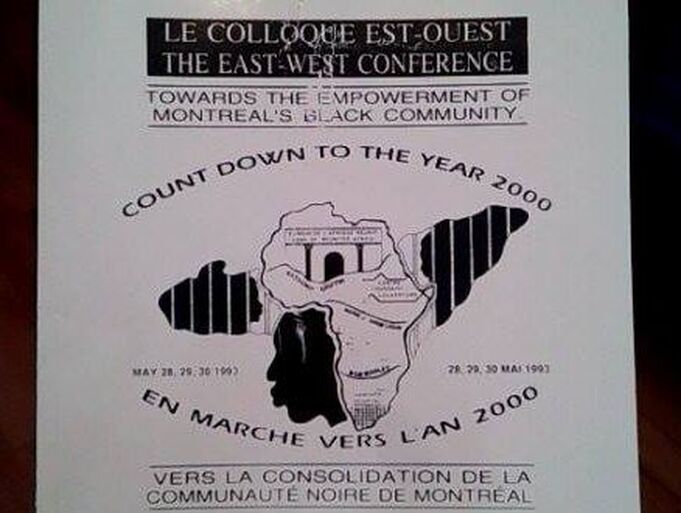|
|
|
In 2019, Musée d’Orsay held an exhibition on Black Models, and the National Museum of the History of Immigration held a year-long exhibition on the musical contribution of migration to Paris and London. Why do we need a specific show to give black models an identity and an exhibition to demonstrate the contribution of post-colonial migrants to popular music?
In my Identities article, 'The whiteness of cultural boundaries in France', I explore the underpinnings of France’s relationship to the culture of the Other, through the scope of whiteness. I contend that whiteness can be defined as a kind of capital embedded in the routine structures of economic and political life and is therefore a relevant concept to analyse French cultural policy.
0 Comments
'They can either free us or finish us, once and for all!' an elderly woman told me in 2015 at a small protest gathering in Srinagar, the capital of Indian-controlled Kashmir. The woman had joined her neighbours at a local district official’s office to demand the removal of a military bunker from their neighbourhood. For the previous twenty-five years, the bunker had been a threatening presence in their neighbourhood. The soldiers stationed inside monitored public movement closely and violently enforced the ever-shifting rules of mobility, especially during curfews, when government arbitrarily closed down entire towns and cities. The soldiers didn’t hesitate to beat up, detain or even shoot at civilians seen out walking on the streets during curfews.
The Kashmiri protestors knew well that the local official they were meeting with their appeal had no power to remove the bunker. But there was nowhere else to protest, for those who possessed real power and made decisions that profoundly affected the lives of ordinary Kashmiris — the higher echelons of the Indian political, bureaucratic and military establishment — were furthest from these everyday sites of anxiety and fear in Kashmir. Since 1990, when Indian military were given emergency powers in the region to curb the popular pro-independence movement, Kashmir had come to resemble an occupied zone. The woman’s words reflected a deep sense of claustrophobia felt by many Kashmiris, especially the youth, who have seen public spaces in the region being taken over by the Indian forces.
On April 15, 2013, two pressure-cooker bombs exploded at the finishing line of the Boston Marathon, killing five and injuring 264. In the absence of information about who the bombers were, Salon.com published liberal commentator David Sirota’s piece 'Let’s Hope the Boston Marathon Bomber is a White American'. Sirota argued that if the bombers turned out to be white, Muslims would be protected from an inevitable anti-Muslim backlash. A few days later, the bombers’ identities were revealed as brothers Tamerlan and Dzhokhar Tsarnaev, children of Chechen refugees who came to the United States when they were 16 and 8 years old, respectively. Interestingly, the brothers were phenotypically white and, as conservative commentators online were fond of saying, quite literally Caucasian (i.e. from the Caucuses). They were also, however, Muslims.
Sirota’s article provoked a firestorm across conservative media, and Sirota was accused of being race obsessed and blind to the threat of Jihadist terrorism. In our Identities article, '‘Let’s hope the Boston Marathon Bomber is a White American’: racialising Muslims and the politics of white identity', we analysed conservative responses to Sirota’s article, as well as the ensuing debate about whether the Tsarnaevs were, in fact, the white Americans Sirota had hoped for.
While tourists know Montreal for its cafés, festivals and old-word European 'charm'*, locals also know its boundaries that divide the city into an Anglophone West and a Francophone East. Montreal’s Black community usually occupies space according to this prevailing language divide: Black Francophones on the East side, and Black Anglophones on the West side. This pattern has had implications for relationships among Black Montreal residents, as well as for their organisation and political possibilities. Indeed, after the rise of Quebec nationalism starting in the 1960s -- which made the French language 'the distinguishing characteristic of ethnic identity' (Thomson 1995) -- it has been somewhat challenging for Black people to organise as Black people, rather than linguistically-specific 'Anglo' and 'Franco' Black communities.
Adding to the rich literature on how space and place are inherently racially produced and lived, my Identities article, 'Black in the city: on the ruse of ethnicity and language in an antiblack landscape', helps to elucidate how the politics of language and ethnicity do not occlude the ways in which race and antiblackness configure the city. |
|
Explore Identities at tandfonline.com/GIDE |
|
The views and opinions expressed on The Identities Blog are solely those of the original blog post authors, and not of the journal, Taylor & Francis Group or the University of Glasgow.




